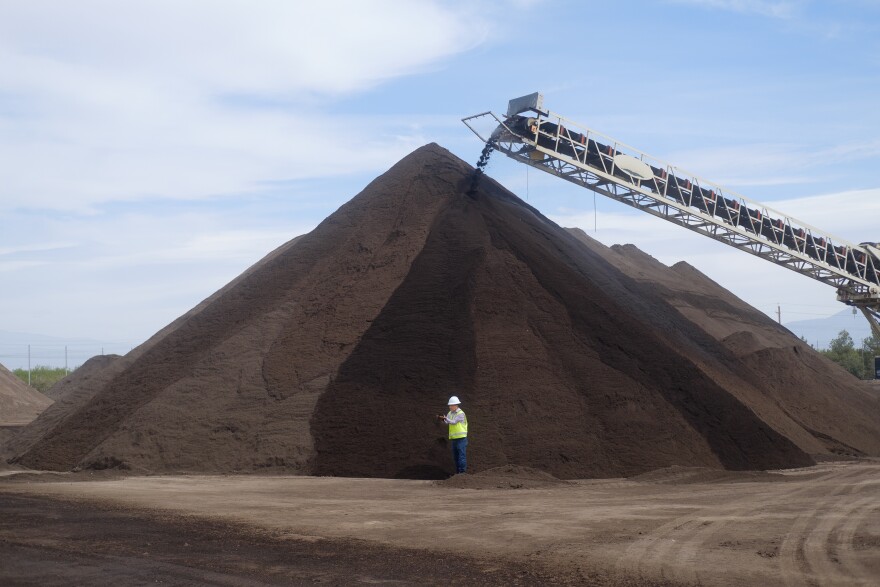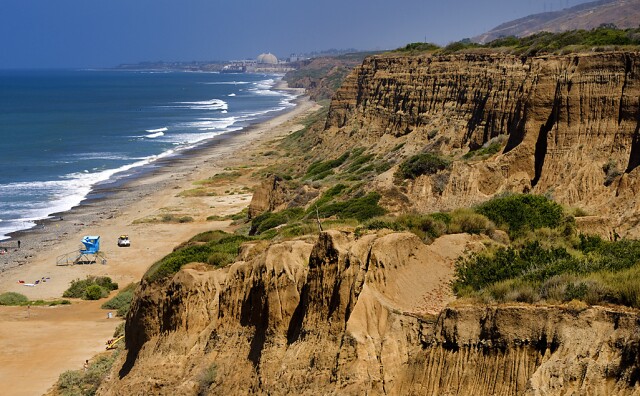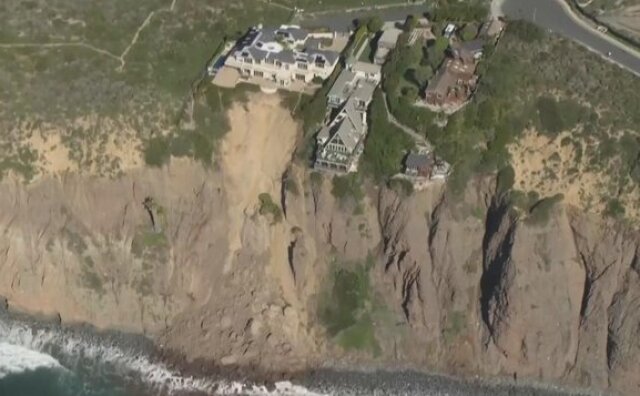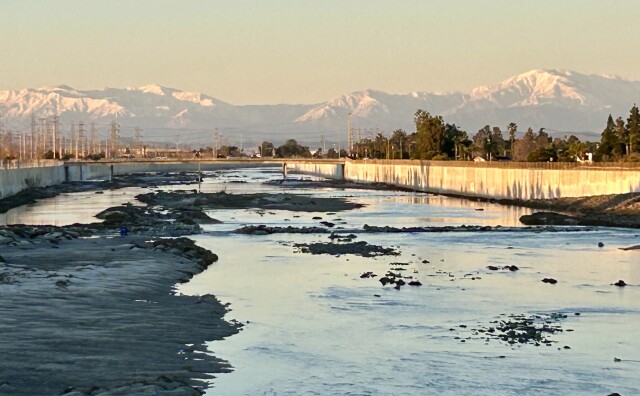How Is California's 'Compost Law' Going For You?

Topline:
In 2022, a California law went into effect requiring that food waste be kept out of landfills. But two years later, implementation has been inconsistent. We want to know what it’s been like for you.
What is the compost law? Officially called SB 1383, it made California the second state in the U.S. after Vermont to make large-scale composting required by law — the biggest change to the state’s waste management since curbside recycling. The law requires all cities, counties, institutions, residents, and businesses to divert food and other organic waste from landfills. Instead, that waste will be composted, donated, or turned into fuel.
Why it matters: Food waste makes up nearly 20% of the stuff in our landfills. When that food decomposes, it releases methane — a super-heating greenhouse gas that’s driving the climate crisis. That’s why landfills are California’s third largest source of methane emissions. The requirements and rollout look very different depending on where you live, and the effort has lagged.
How has your experience been? We want to hear from as many folks as possible — renters, homeowners, business owners, restaurants, grocers, landlords, local governments and more. Share your experiences in a short survey to help guide our reporting on the compost law and help us understand how the law is playing out across the Southland.
Read our previous reporting: Our past reporting has focused mostly on the city of L.A., so we would especially love to hear from folks in unincorporated areas and smaller cities in LA County, and across Orange County, the Inland Empire and Santa Barbara and Ventura counties.
California Mandated Composting. How Will It Work In LA And What Are We All Expected To Do?
LA’s Composting Program Expands, But Enrolling Renters and Businesses Is Slow
Getting Food Out Of Landfills Is A Big Climate Solution. So Far California Is Lagging On Its Efforts
Mandatory Composting Is A Climate Win, But Who Will Pay For It?
-
The state's parks department is working with stakeholders, including the military, to rebuild the San Onofre road, but no timeline has been given.
-
Built in 1951, the glass-walled chapel is one of L.A.’s few national historic landmarks. This isn’t the first time it has been damaged by landslides.
-
The climate crisis is destabilizing cliffs and making landslides more likely, an expert says.
-
Lifei Huang, 22, went missing near Mt. Baldy on Feb. 4 as the first of two atmospheric rivers was bearing down on the region.
-
Since 2021, volunteers have been planting Joshua tree seedlings in the Mojave Desert burn scar. The next session is slated for later this Spring, according to the National Park Service. Just like previous times, a few camels will be tagging along.
-
There are three main meteorological reasons why L.A. is so smoggy — all of which are affected when a rainstorm passes through and brings clearer skies.






